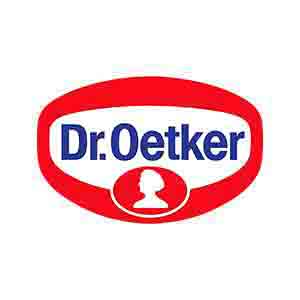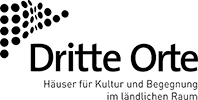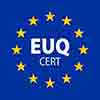Heavy bleeding after giving birth is globally a leading cause of death in new mothers [1]
Bagsværd, Denmark, 22 April 2022
Novo Nordisk today announced that the European Medicines Agency’s (EMA) Committee for Medicinal Products for Human Use (CHMP) has adopted a positive opinion, recommending an extension of the Novo Seven (eptacog alfa) label to include treatment of women suffering from severe haemorrhage after giving birth, when medications used to induce uterine contractions and reduce bleeding (uterotonics) are insufficient to stop the bleeding.
Severe postpartum haemorrhage (PPH) is when a woman suffers from blood loss of more than 1,500 ml within 24 hours after giving birth [2]. It accounts for 1 in 4 maternal deaths globally, making it a significant contributor to maternal morbidity [1].
The positive opinion is based on data from a prospective randomised clinical trial in women with severe PPH where uterotonics had failed to control the bleeding. In the primary analysis, fewer women in the Novo Seven arm (21 vs. 35) underwent additional medical procedures, such as ligation and embolisation, to stop the bleeding, corresponding to a 40 percent relative reduction in risk compared to standard of care [3].
“Postpartum haemorrhage is a serious and dangerous condition”, said Martin Lange, executive vice president and head of Development at Novo Nordisk. “Reducing maternal mortality is a United Nations Sustainable Development Target and something that is very important to us at Novo Nordisk. We’re pleased with the potential of Novo Seven being able to help mothers who may need it.”
Novo Nordisk expects a final approval by the European Commission within approximately two months.
About postpartum haemorrhage
Postpartum haemorrhage (PPH) is an emergency in childbirth and the most common form of major childbirth-related haemorrhage. Severe PPH is defined by blood loss greater than 1,500 ml, approximately 25 percent of a women’s total blood volume, within 24 hours of giving birth, regardless of the route of delivery (vaginal or caesarean).2 The signs and symptoms of severe PPH include dizziness, shaking, increased heartbeat and confusion.2 The global incidences of PPH and severe PPH are estimated to be 6—11 % and 1—3 % of all births, respectively, with substantial variations across regions [4].
About Novo Seven (eptacog alfa)
The active substance in Novo Seven, eptacog alfa, is almost identical to a human protein called factor VII (FVII) and works in the same way. In the body, FVII activates another factor called factor X (FX), which starts the blood clotting process. By activating FX, Novo Seven can give temporary control of the bleeding episodes. First approved in the EU in 1996, Novo Seven is indicated in Europe for the treatment of bleeding episodes and for the prevention of bleeding in those undergoing surgery or invasive procedures in patients with congenital haemophilia with inhibitors, acquired haemophilia and some other rare bleeding disorders [5].
About Novo Seven in severe postpartum haemorrhage
Novo Seven has been evaluated in severe PPH across a multicentre, open label clinical trial assessing 84 women with severe PPH in whom uterotonics (sulprostone) had failed. In the trial, patients were randomised either to treatment with a single dose of 60 micrograms per kilogram of Novo Seven combined with standard of care (N as 42) or to standard of care alone (N as 42). Results indicated that fewer women in the Novo Seven arm (21 versus 35) underwent an invasive procedure to stop the bleeding, corresponding to a 40 percent relative reduction in risk for the Novo Seven arm compared to standard of care alone. In the trial, there were two non-deadly venous thromboembolic events in Novo Seven treated patients. Both women recovered following anticoagulant treatment [3].
About Novo Nordisk
Novo Nordisk is a leading global healthcare company, founded in 1923 and headquartered in Denmark. Our purpose is to drive change to defeat diabetes and other serious chronic diseases such as obesity and rare blood and endocrine disorders. We do so by pioneering scientific breakthroughs, expanding access to our medicines, and working to prevent and ultimately cure disease. Novo Nordisk employs about 47,800 people in 80 countries and markets its products in around 170 countries. For more information visit the website, #Facebook, #Twitter, #Linkedin and #Youtube.
References
1.) World Health Organisation, WHO recommendations for the prevention and treatment of postpartum haemorrhage, 2012, http://apps.who.int/iris/bitstream/10665/75411/1/9789241548502_eng.pdf, accessed: April 2022
2.) The American College of Obstetricians and Gynaecologists (ACOG). Post Partum Haemorrhage. Number 183 (2017),aavailable from https://www.acog.org/clinical/clinical-guidance/practice-bulletin/articles/2017/10/postpartum-hemorrhage, accessed April 2022.
3.) Data on file [to be published upon approval]
4.) M. Muñoz, J. Stensballe, A. S. Ducloy-Bouthors et altera, “Patient blood management in obstetrics: prevention and treatment of postpartum haemorrhage. A NATA consensus statement”, “Blood Transfus” 2019, 17 (2), 112–36.
5.) Novo Seven Summary of Product Characteristics, https://www.ema.europa.eu/en/documents/overview/novoseven-epar-medicine-overview_en.pdf, accessed April 2022




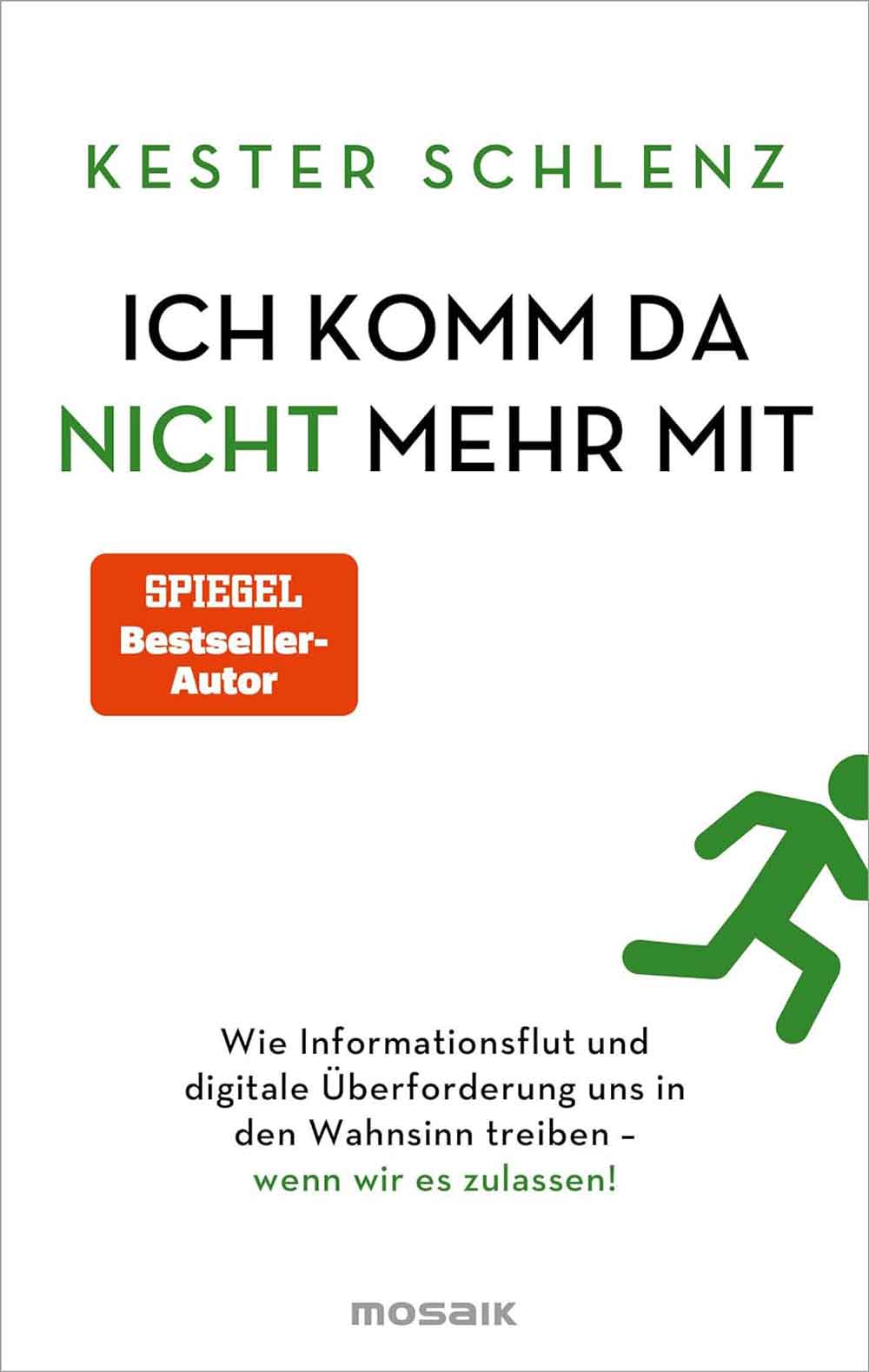







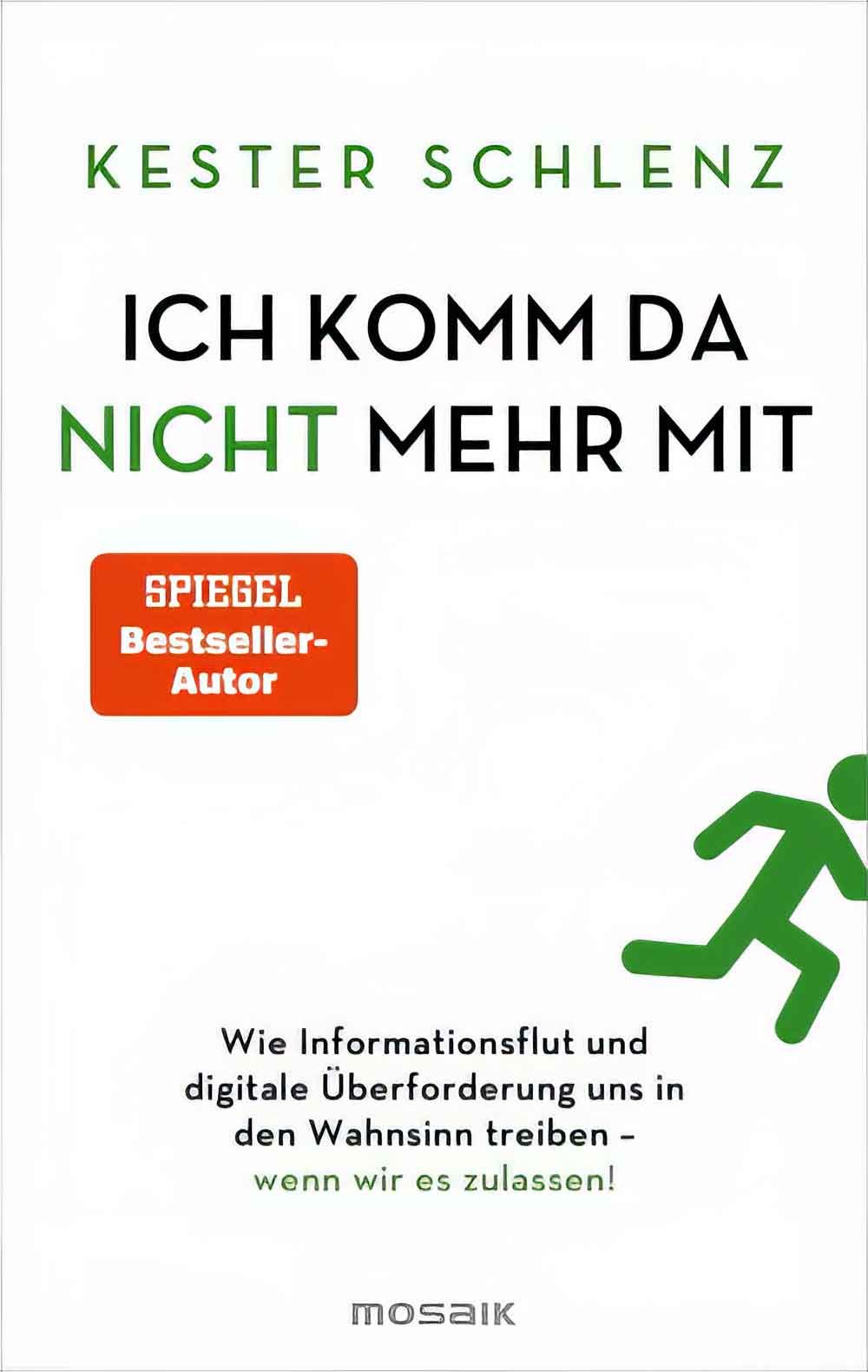
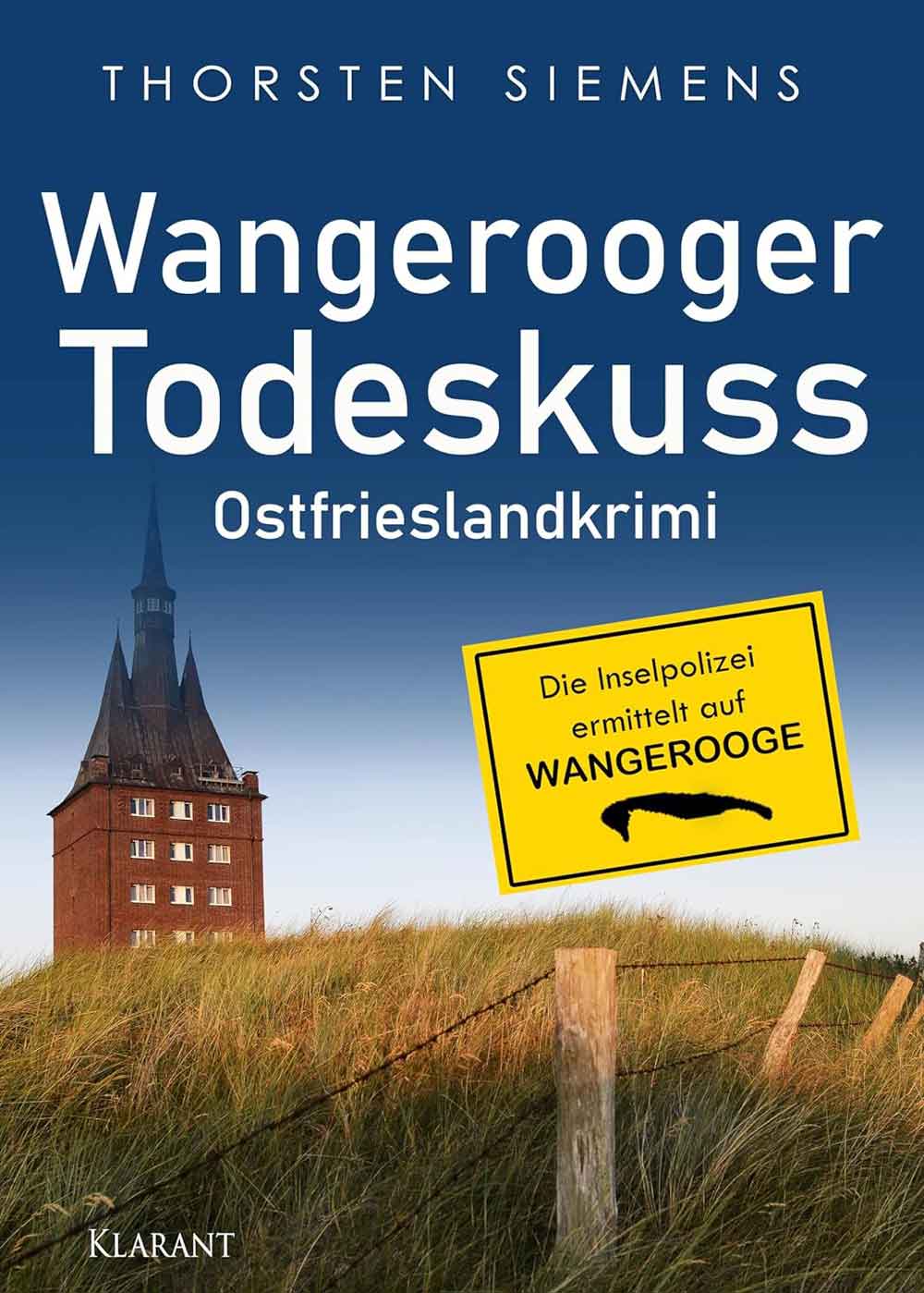
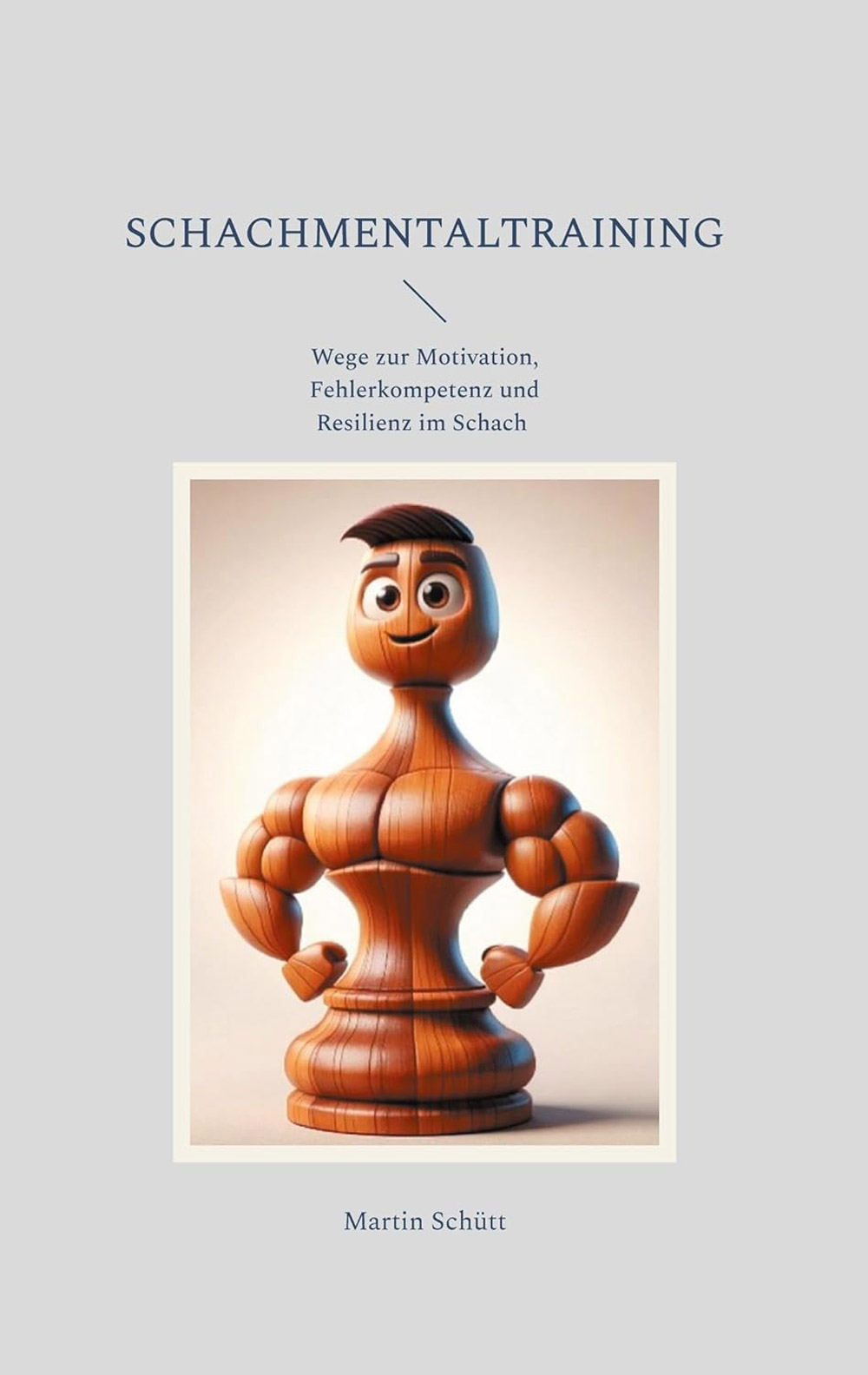
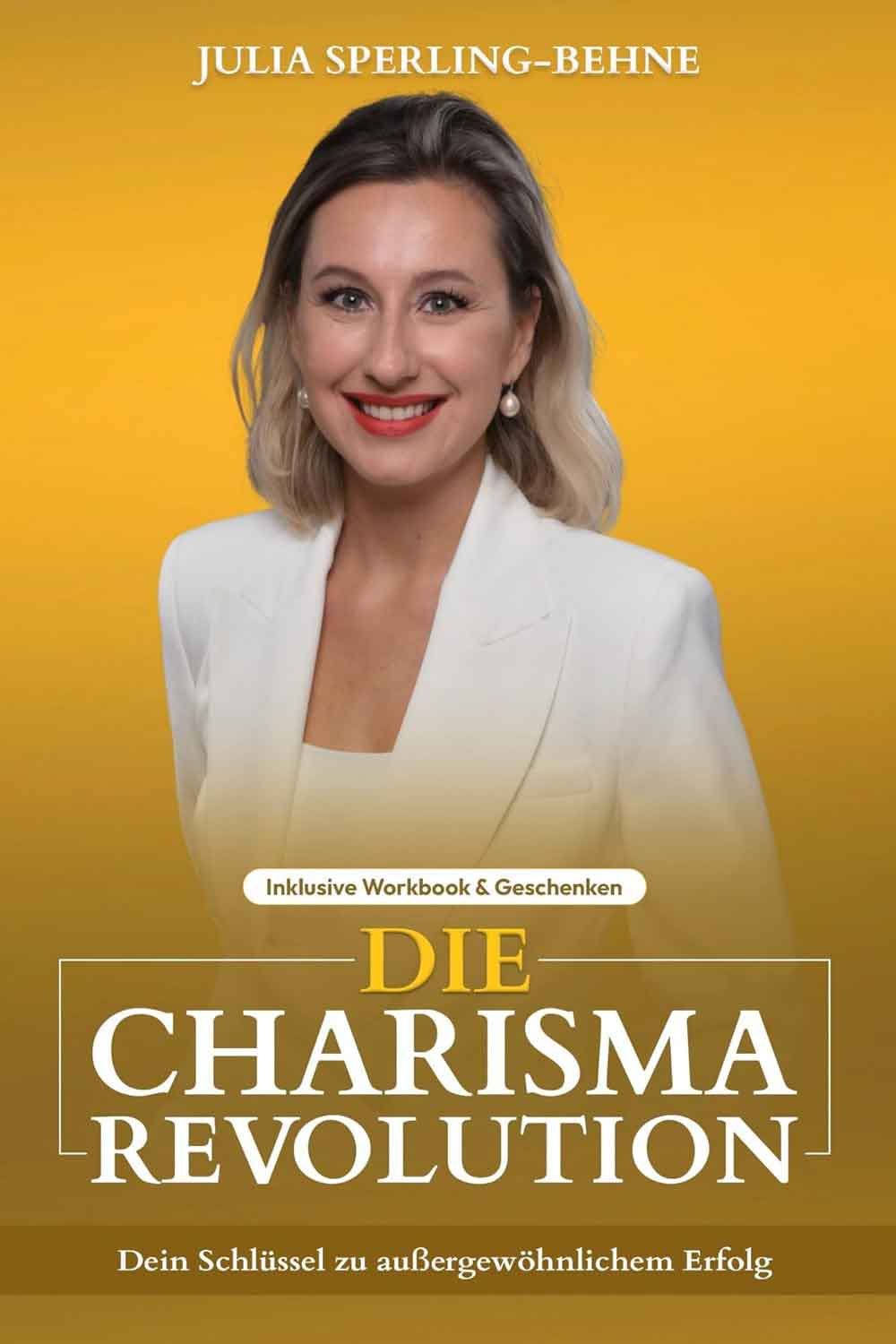
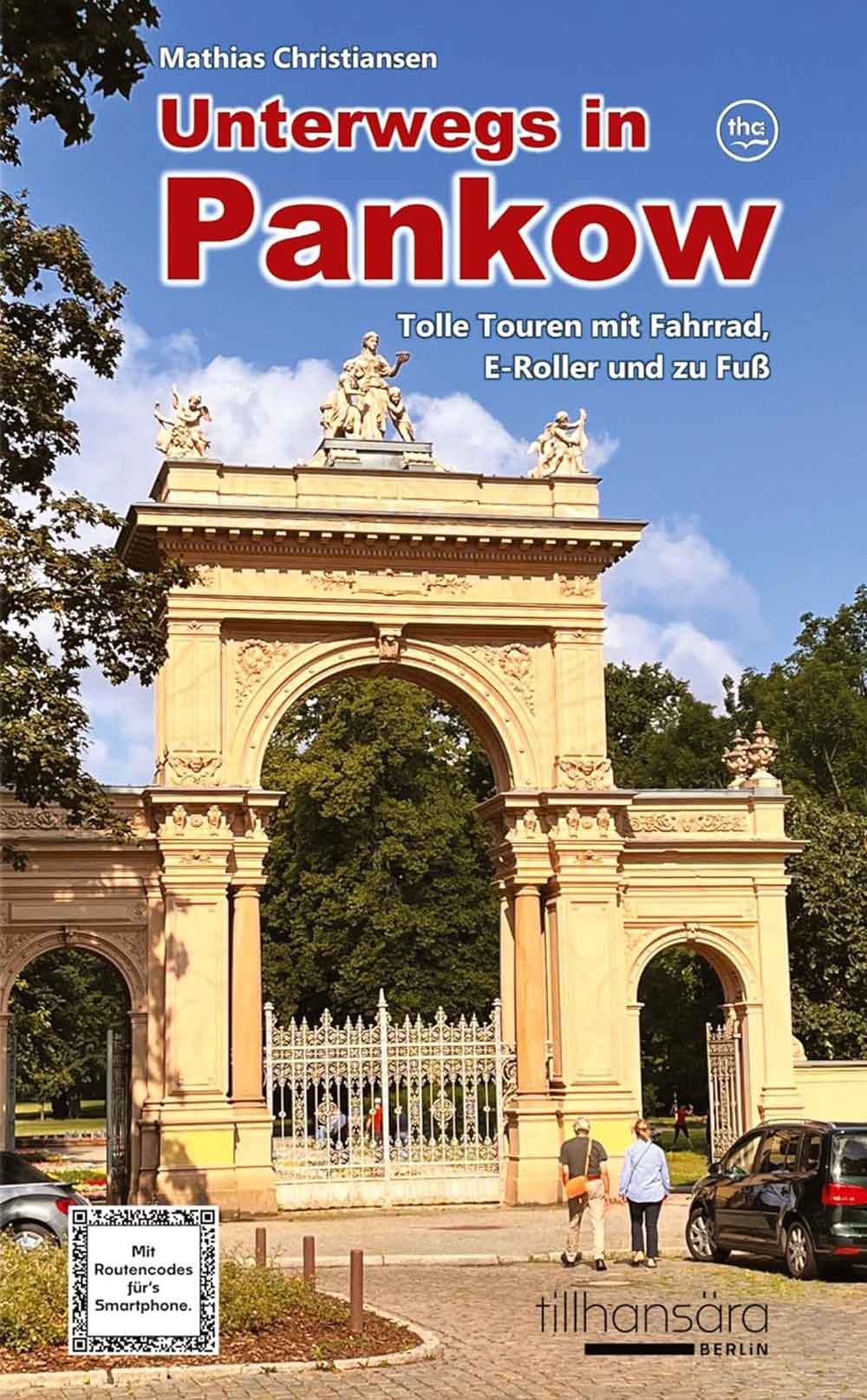
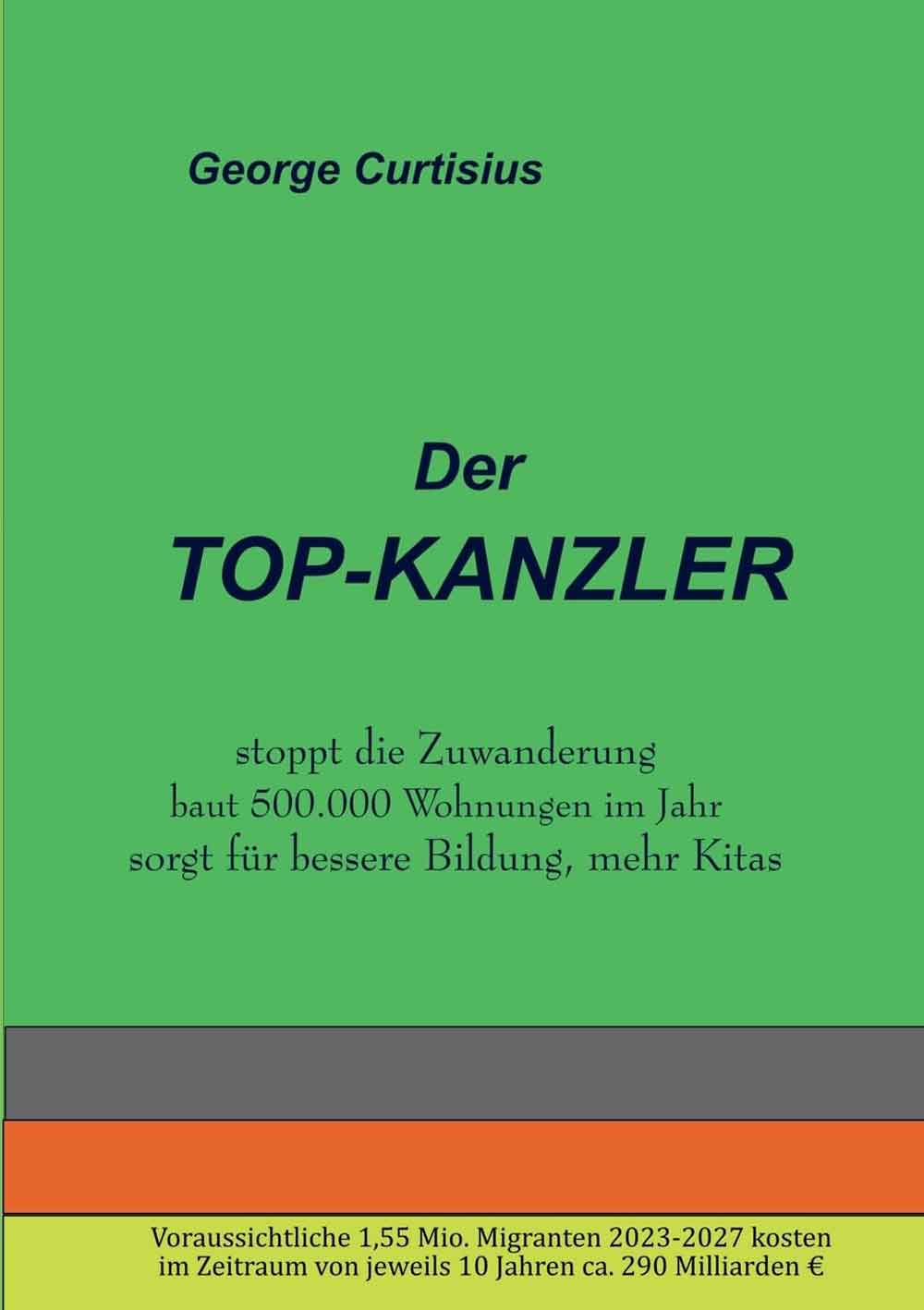



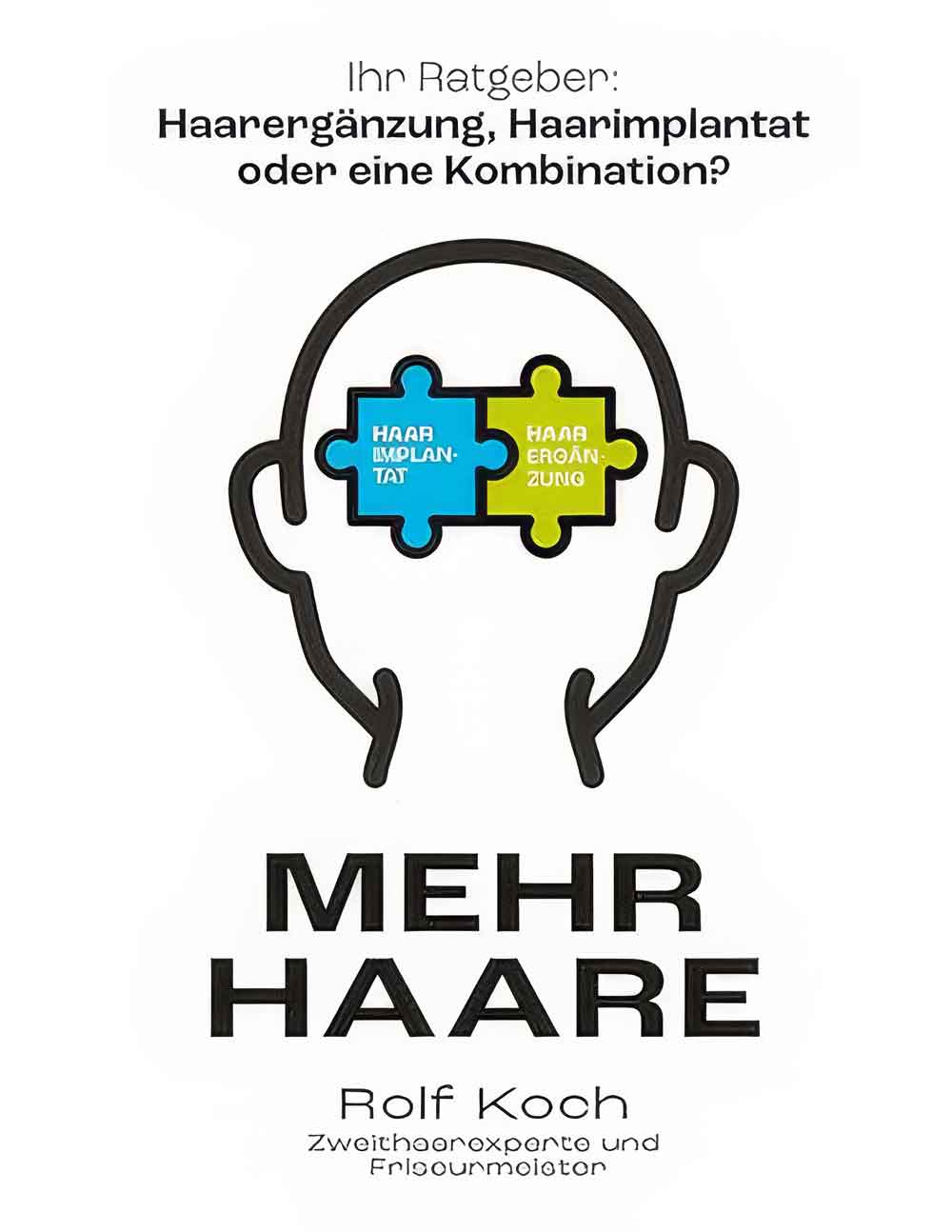

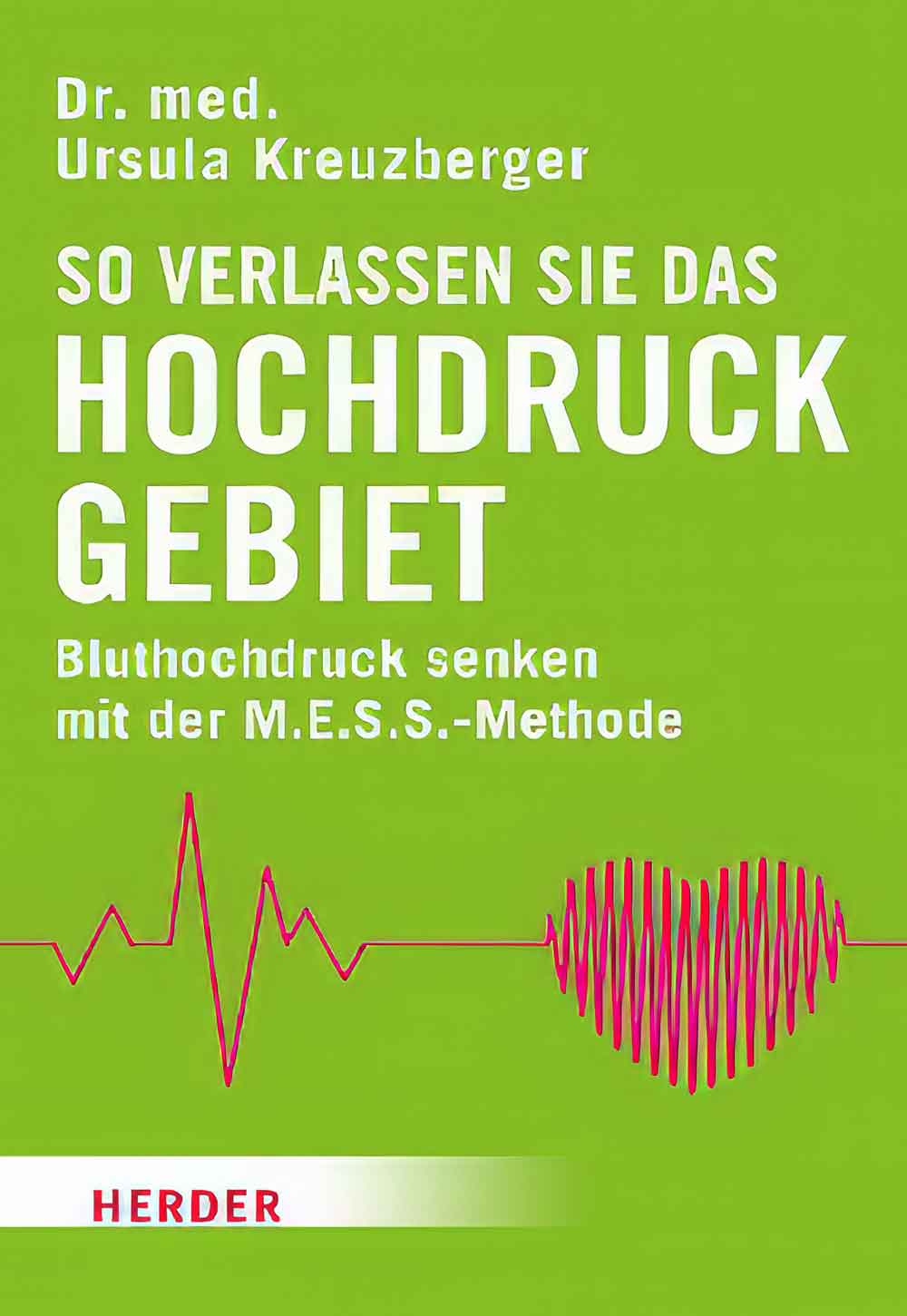
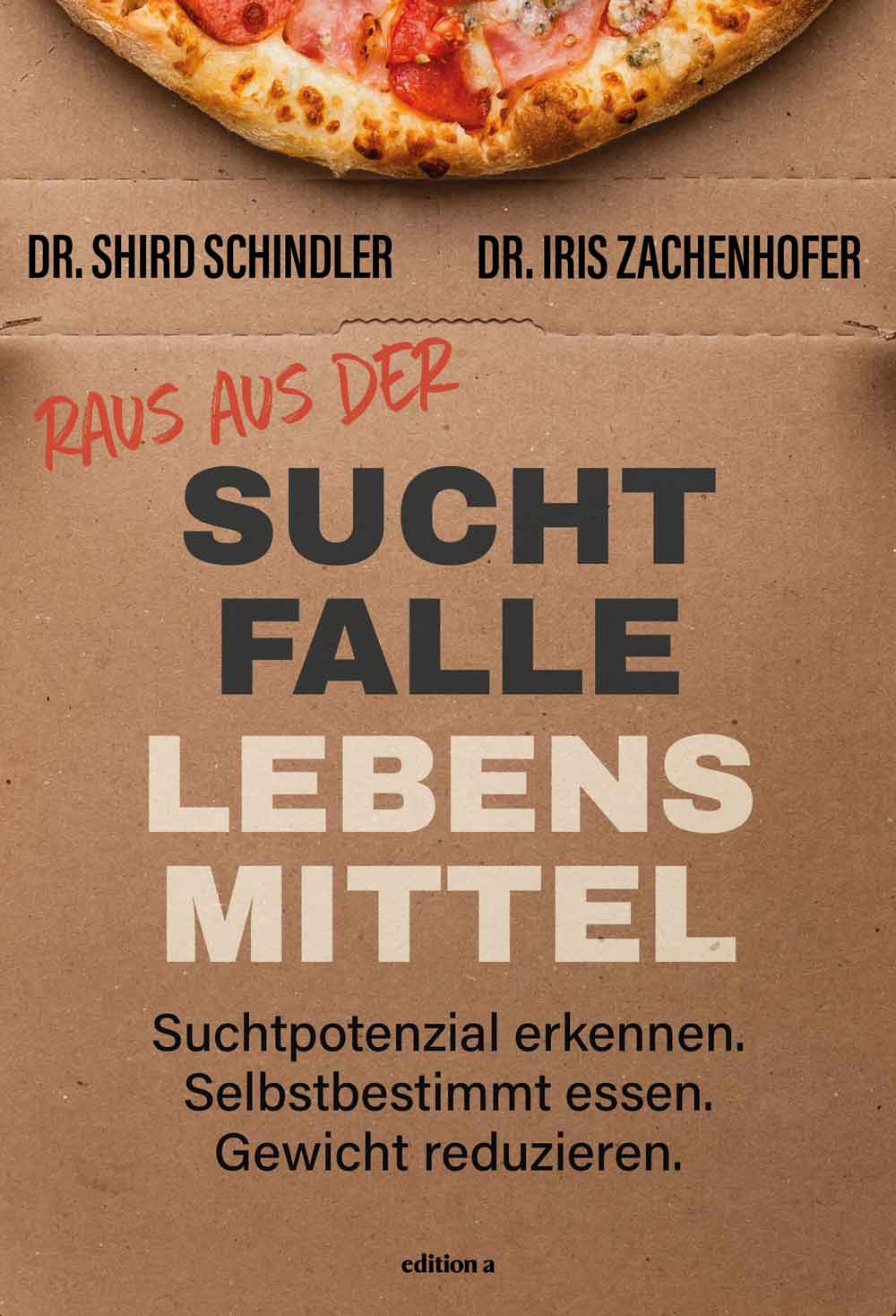














 Gütsel RSS Feed
Gütsel RSS Feed

















